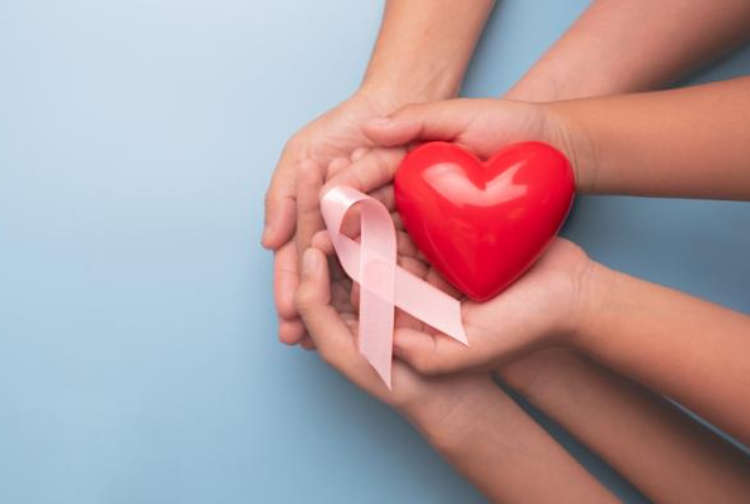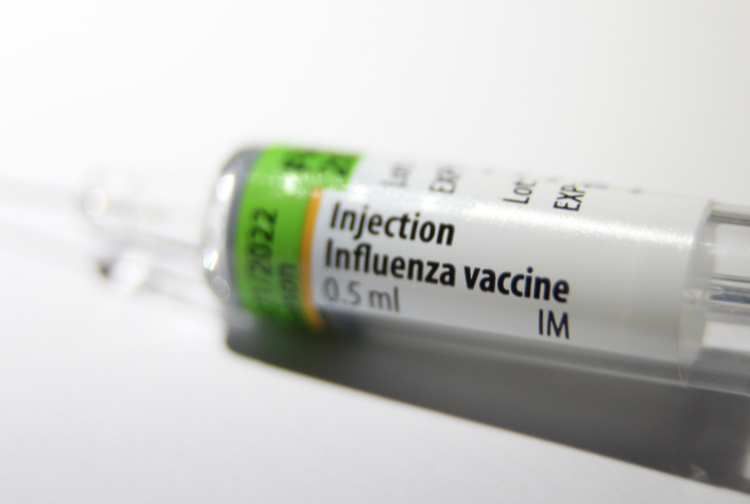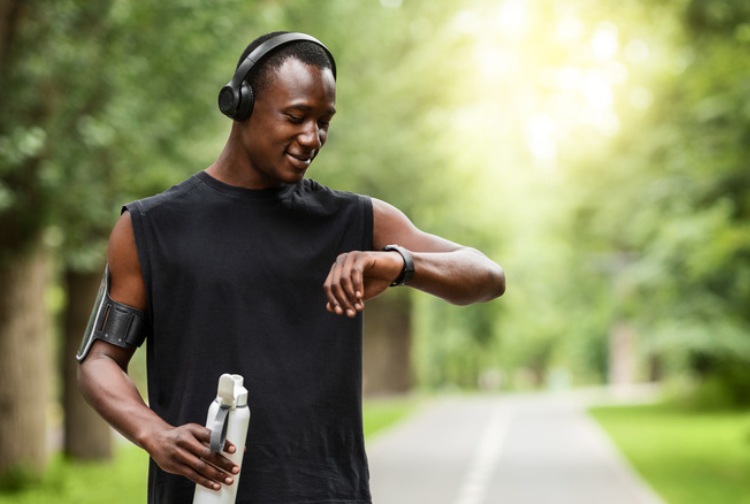
Heart-Beat the Heat
Keeping cool in hot weather is always a good idea - but especially for those living with heart conditions
June 26, 2024.ashx) Spending time outdoors in the evening or morning is just one of a number of strategies for staying cool during heat waves.
Spending time outdoors in the evening or morning is just one of a number of strategies for staying cool during heat waves.
Summer in Virginia is off to a great start! As the days heat up, more and more people are spending time outside. A sunny day is a great time to get out on the water, attend a festival, go on a hike, or just spend time with friends in the great outdoors.
But for many, the higher temperatures that summer bring can also mean elevated risks. Heat exhaustion and heat stroke grow more common in the summer months, and have been increasing in recent years. Last year alone, there were more than two thousand excess heat deaths in the United States. And recent data from a multinational data analysis published in Circulation has shown that extreme temperatures coincide with an uptick in excess cardiovascular deaths. Of the cardiovascular deaths examined in the study, an estimated 1 in 500 were attributed to extreme heat (when cold days are factored in, the total number of extreme temperature cardiovascular deaths jumps to 1 in 100). According to the Environmental Protection Agency, about one in five of all heat-related deaths recorded since 1999 have been caused by a combination of high heat and heart disease.
Heat can impact the functioning of your heart in part because of the ways in which your heart is involved in Your body keeps itself cool by exchanging heat from the surface of the skin into the (hopefully) cooler air around it - heat is carried to the skin via circulating blood flow - and by evaporating sweat on the surface of the skin. This means that when the air temperature is at or above average body temperature (around 98°F), the heart has to work faster and harder to circulate blood and help your body shed heat. In fact, your heart may circulate two to four times as much blood on a hot day, as it does on a cold day.
Those with heart conditions are at greater risk for health complications and cardiovascular death during periods of high heat for several other reasons as well:
- Certain heart medications can change how your body responds to heat.
- Damage from a heart condition can prevent your heart from pumping enough blood throughout your body to get rid of heat.
- Certain cardiac conditions or a history of stroke can decrease your sensitivity to thirst, so you may not realize you are becoming dehydrated.
This year, many parts of the country and the world are experiencing record-setting heat waves, so it is important to stay safe as you have fun in the sun. No matter the state of your heart, here are a few tips to follow:
- Stay hydrated. Try to drink water throughout the day, even if you don’t feel thirsty. When outside on a hot day, try to drink 8 ounces of water every 20 minutes. The additional fluids makes it easier for your body to keep cool. However, if you are living with heart failure, you may be prone to fluid retention and swelling, so ask your doctor how much water you should drink per day during heat waves.
- Take it easy! Save your jog or other outdoor workouts for cooler parts of the day like early morning or dusk - remember that your heart is already working double-to-quadruple time at rest on hot days.
- Find air conditioning. Stay in an air-conditioned area during the hottest parts of the day. Make sure your AC works and is turned on. If you don’t have AC, spend some time in a public place that does. The cooler the air around your body, the more readily heat can be exchanged across the surface of your skin.
- Wear sunscreen. We all know sunscreen is important for skin health - but one of the negative effects of sunburn is that it limits your ability for your body to shed heat, which puts further strain on your heart. Make sure to apply sunscreen before spending time outdoors, and wear loose, light-colored clothing. Dark clothing can absorb heat, and tight-fitting attire will trap that heat inside your body.
Stay safe out there and have a wonderful summer!



